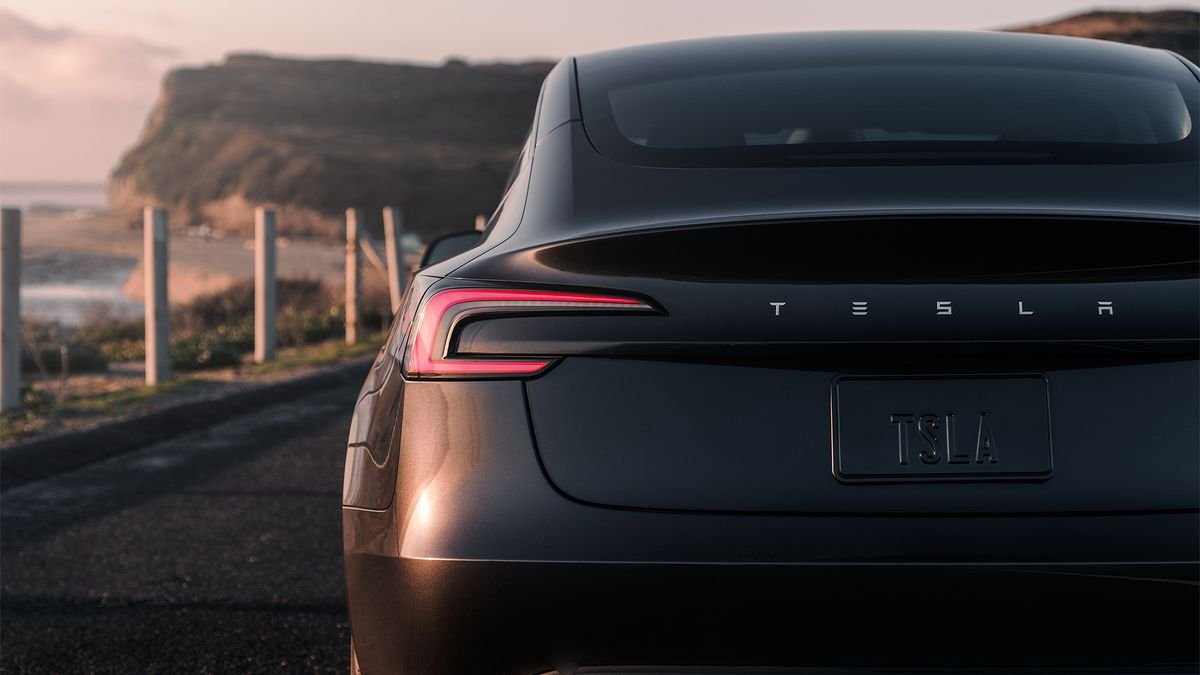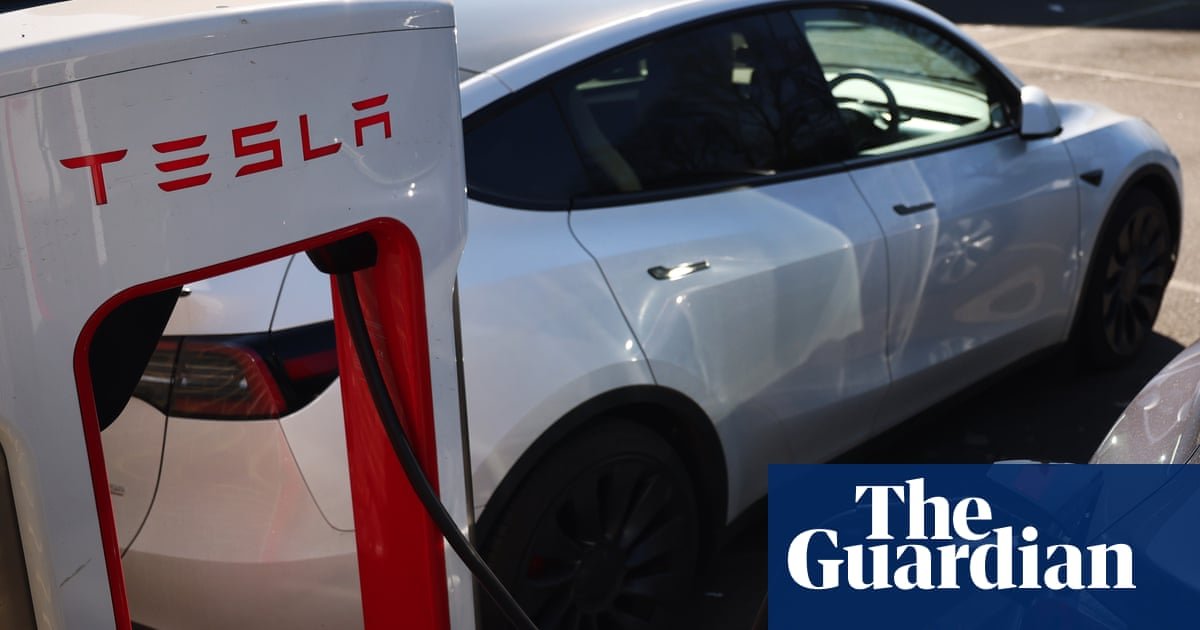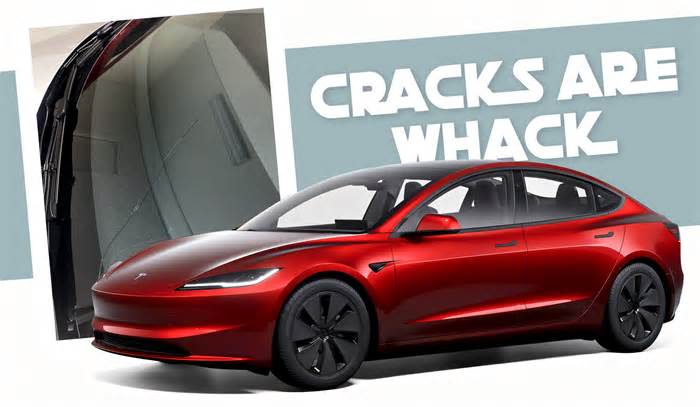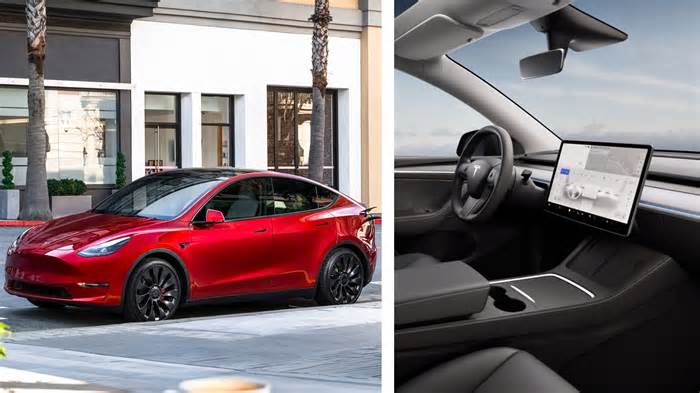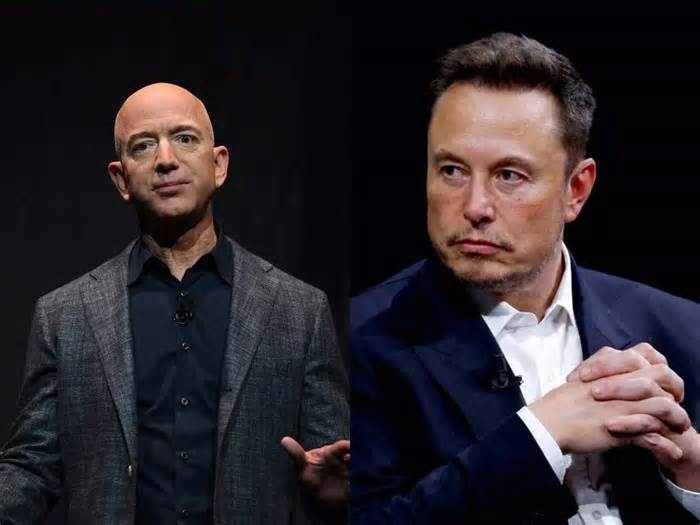
The EV Tax Credit Changed Again New Year’s Day: What to Know
- by Kiplinger
- Dec 19, 2023
- 0 Comments
- 0 Likes Flag 0 Of 5
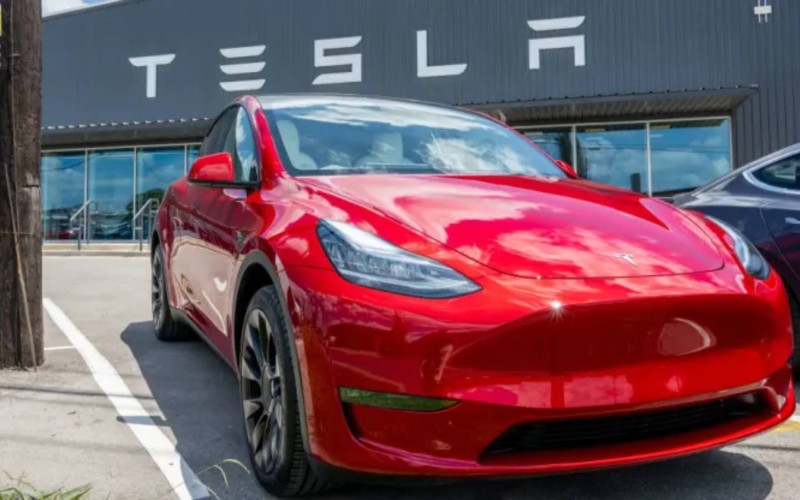
When you purchase through links on our site, we may earn an affiliate commission. Here’s how it works.
(Image credit: Getty Images) Sign up for Kiplinger’s Free E-Newsletters
Profit and prosper with the best of expert advice on investing, taxes, retirement, personal finance and more - straight to your e-mail.
Profit and prosper with the best of expert advice - straight to your e-mail.
Sign up
Existing made-in-America requirements for battery and critical mineral components mean that vehicles eligible last year for a partial or full credit may not qualify as of Jan. 1, 2024. Part of the reason is:
Critical mineral component percentages that need to be domestically produced or extracted will increase from 40% in 2023 to 50% in 2024.
The qualifying percentage of North American battery components for a vehicle to receive a tax credit will increase from 50% in 2023 to 60% in 2024.
Another significant change for the new year is that vehicles with components made in China or by firms under Chinese government control won’t qualify for the tax credit.
Tesla recall
The Tesla Model Y performance is still eligible for a tax credit. Still, some popular versions of the Tesla Model 3 containing Chinese-made batteries are not eligible for the tax credit in 2024.
On its website, Tesla acknowledged this with a post stating, that the EV “tax credit will end for Model 3 Rear-Wheel Drive and Model 3 Long Range on Dec. 31, 2023, based on current view of new IRA guidance.” (The Model 3 was eligible for the 2023 federal tax credit.)
Tesla, which lowered prices on several of its models, also indicated that customers who took delivery of a qualified new Tesla by Dec. 31 and met all federal requirements were eligible for a tax credit of up to $7,500 for the 2023 tax year. Additionally, Tesla Model X, Model 3, and Model Y Performance remain eligible for the full $7,500 tax credit in 2024.
This is happening as Tesla announced a recall of over two million of its vehicles due to an issue with the automaker's Basic Autopilot package. According to the National Highway Traffic Safety Administration (NHTSA), the recall affects Tesla vehicles in the 2012 to 2023 model years equipped with the Autosteer feature.
Ford F150 Lightning
The popular Ford Mustang Mach-E was eligible for a partial electric vehicle tax credit of $3,750 last year. However, Ford officials have indicated that this model doesn't qualify for the federal tax credit as of Jan. 1, 2024.
Ford's F-150 Lightning electric pickup truck qualifies for a 2024 tax break. (The Lightning was also eligible for the full $7,500 2023 credit.) The Lincoln Aviator Grand Touring plug-in hybrid also qualifies for a 2024 tax credit, according to Ford.
The news regarding the truck's eligibility for the federal credit comes as Ford is raising the price of the F-150 and recalling about 113,000 F-150 vehicles due to an issue with its Trailer Tow Max Duty package.
As Kiplinger reported, the recall affects vehicles in the 2021 to 2023 model years that are equipped with Ford's Trailer Tow Max Duty package and a 9.75-inch heavy-duty axle with a 3/4 float axle design.
GM
General Motor's entire lineup of electric vehicles qualified for the full $7,500 credit for 2023. Although the Chevy Bolt EV and EUV were discontinued by the end of last year, GM has indicated that some of their EVs will remain eligible for tax credits in 2024. However, the Cadillac LYRIQ and the Chevy Blazer EV have temporarily lost the federal tax credit. (GM has said that it expects those vehicles to regain the credit later this year.)
Recently, GM announced that it is offering a $7,500 incentive on its vehicles that became ineligible for the credit due to new EV tax credit guidelines for 2024.
Note: Besides the GM and Tesla models mentioned, the Chrysler Pacifica plug-in hybrid is eligible for the full 2024 EV tax credit.
You can find more information about qualifying vehicles for the credit on the federal fueleconomy.gov website. Also, check out Kiplinger's report for detailed information on how the EV tax credit works.
2024 EV tax credit point of sale
Despite uncertainty over which electric vehicles will qualify for the tax credit this year, there’s a positive rule change to consider. Beginning Jan. 1, eligible consumers can take the federal EV tax credit as a discount at the point of sale when they purchase a qualifying vehicle.
In essence, if you transfer the 2024 EV tax credit to the dealer, they can reduce the price of the vehicle by the credit amount. That means you can benefit from the tax break at the point of sale without waiting until it's time to file your tax return.
To pass on electric vehicle tax credit savings to consumers at the point of sale, dealers must be registered with the federal government. However, it's important to remember that MSRP price caps and income limits for EV tax credits still apply. Electric cars cannot have a price tag that exceeds $55,000, while electric SUVs cannot cost more than $80,000.
To claim a federal tax break on your favorite qualifying electric vehicle in 2024, your modified adjusted gross income (AGI) must not exceed $150,000 (single), $225,000 (head of household), or $300,000 (married filing jointly).
Related
Please first to comment
Related Post
Stay Connected
Tweets by elonmuskTo get the latest tweets please make sure you are logged in on X on this browser.
Sponsored
Popular Post
tesla Model 3 Owner Nearly Stung With $1,700 Bill For Windshield Crack After Delivery
35 ViewsDec 28 ,2024






 Energy
Energy




